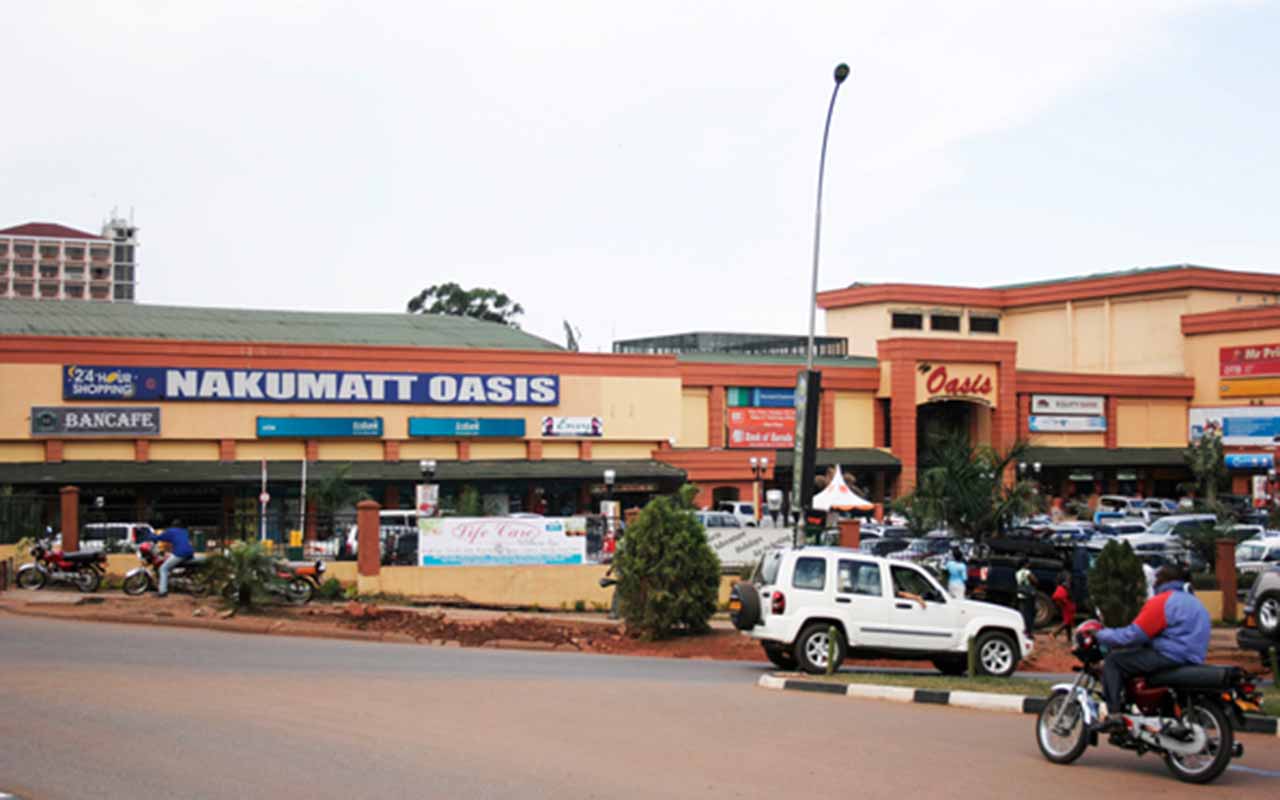Prime
Buganda Kingdom is regaining its political influence

During the run up to the 2021 elections, presidential candidates turned Bulange, the headquarters of the Kingdom of Buganda, into a place of pilgrimage. The candidates wanted to assure the leaders at Mengo that they have their interests at heart.
Many bought certificates as a sign of allegiance and promised that they respect the institution of the Kabaka. No other institution did the candidates visit as much as the Kingdom of Buganda.
Although President Yoweri Museveni didn’t attend, he was represented by his party leaders.
Other presidential candidates though had requested to visit Bulange, it was too late in the campaign to do so.
By political leaders visiting Bulange, it continues to show the kind of soft power Kabaka Ronald Muwenda Mutebi enjoys in Uganda and the influence he commands among the population.
Buganda among traditional kingdoms is the most influential and politicians tread carefully before making decisions that they think will negatively affect the region.
But it also continues to show how Mengo has changed over the years. Previously, Mengo was seen as too Opposition by the central government.
The current leadership has tried to maintain a middle ground. Not pro-opposition and at the same time not pro-government.
Mengo over the last few years has maintained the same stance — we support anyone who respects the kingdom’s aspirations.
Obviously this created some discomfort, especially with supporters of the Opposition National Unity Platform (NUP) and the ruling National Resistance Movement (NRM).
The NUP fielded popular musician Robert Kyagulanyi, aka, Bobi Wine for president and his supporters assumed that the Kingdom of Buganda will therefore be out campaigning for it.
Kyagulanyi is a Muganda of the Mbogo Clan and for some time he identified himself as Omubanda wa Kabaka.
The NRM government on the other hand looked at Buganda as not doing enough to support it because upon assuming power Mr Museveni supported the return of kingdoms .
Museveni’s act to restore the kingdom in 1993 bought him immense support within the kingdom leading to his first elective victory in 1996.
The Baganda have always voted him, well, until 2021. Under pressure from Kyagulanyi, the NRM thought the kingdom will offer support yet at the same time the kingdom took a middle ground and criticised the excesses of the NRM .
By not taking any side, Buganda Kingdom leaders tactically found an approach that restored its immense influence. This didn’t start during the run up to the 2021 elections. This approach can be traced back to May 2013 when Kabaka Mutebi appointed his long term “protégé” Charles Peter Mayiga as Katikkiro (prime minister).
Upon assuming office, Mayiga decided to change tact. Mengo had been too Opposition leaning, which frustrated it from carrying out its core activities — uplifting the livelihood of the people of Buganda.
Mayiga argued publicly that he is non-partisan and will do what he thinks is good for the kingdom. The NRM government in turn put no barricades in his way enabling him to carry out his programmes including ettoffaali and now emmwanyi terimba, which has contributed significantly to the increased numbers of coffee exports today.
It is that approach of a Buganda that is non-partisan that is misinterpreted by NRM leaders, describing the losses they suffered in Buganda as sectarianism. Majority Baganda see their kingdom as regaining its influence politically, socially, and economically.
Joseph Kalembais a lawyer. [email protected]




